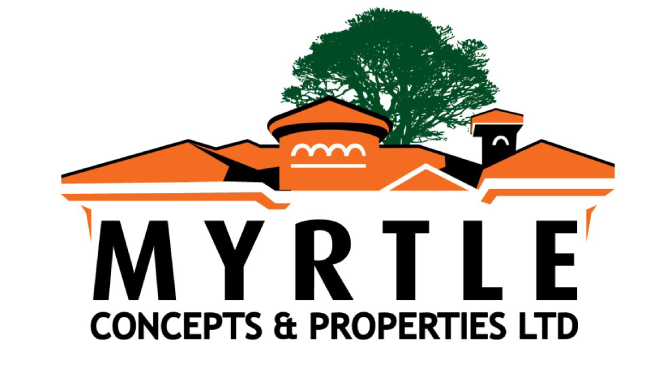
Mr. Dave Khayangayanga,
Ag. Director, Directorate of Housing, Ministry of Lands, Housing and Urban Development
Ag. Director, Mr. Dave Khayangayanga provides detailed insightful information about state of affordable housing in the country.
TOPIC: AFFORDABLE HOUSING IN UGANDA
- There is always a debate on the issue of affordable housing. What would you consider as affordable housing?
The National Housing Policy (2016) provides affordable housing as that which meets the consumer’s interests/needs without compromising the essential requirements in his/her household.
In regards to the cost, for housing to be termed as affordable, it should not take more than 30% of the annual/monthly income of an individual. For instance, if you are to rent or build a house, it should not take more than 30% of your income. If it does so, then it means it compromises your ability to meet other necessitates especially clothing, food, education among others.
However, it is observed that 30% is too small to get any reasonable housing. That is why we have a housing deficit; those who cannot afford to build/rent, end up in sub-standard houses.
- Do we have affordable housing in the country?
Yes, we have affordable housing.
But it may not be necessarily in the inner city because land in the inner city is so expensive. However, to think of low-income earners constructing or renting within the inner city it is very difficult.
But when you go to the outskirts of the city, let us say 10-15km, you can get affordable houses with the rent ranging between Ugx. 50,000-80,000 depending on the distance travelled away from the city.
However, in the context of Kampala City, that looks too far because we do not have an integrated and systematic public transport. But as time goes by, Uganda will adopt an integrated comprehensive public transport system.
For the matter of fact, Affordable Housing may not be attractive to the private investors due to the low return on investment. However, there is need for the government to put more efforts in the delivery of massive affordable housing.
- What is the government doing about the housing shortage in Uganda?
The government is addressing the demand through:
- Making funds available for the developers through ensuring the availability of mortgages for those who are willing to construct and buy houses.
- The government is working out a mortgage refinancing facility to ensure that money is available at low interest rates to the developers and the suppliers of housing. This project will be implemented in the long run.
- The government is also working with Private Developers / Real Estate Developers to provide infrastructure such as roads, water and electricity. These usually take about 30% of the cost of the house. This aims to reduce the cost of house construction.
- The government has also attracted various banks through the liberalization of the economy. Per now, many banks are offering mortgages which will have an impact on the housing sector.
Generally, there is need to address the poverty levels, in order for people to improve their incomes. The government has provided a working environment for income alleviation programs for instance Microfinance, Sacco’s etc. These are meant to boost people’s income thus improving housing affordability in the long run.
- How has the current economy impacted on housing in Uganda?
The current economic performance has had adverse impacts on housing delivery and supply. The genesis of all this is the covid19 which affected the country’s economy to almost recess levels whereby several economic activities were put at halt. This reduced people’s income and their ability to construct new houses thus they had to rely on rentable premises. This affected the movement and delivery of goods.
Currently, Prices have increased at a higher rate. Furthermore, the increase of fuel prices has had an adverse impact on the construction sector. Right now, it is very expensive to construct houses.
However, when the economy stabilizes, we should be able deliver affordable houses.
- Any other important remarks that you would want to highlight for Ugandans on this topic?
The delivery of affordable housing needs a multi-sectoral approach; you cannot leave it to one institution/player. We need to address it from the various frontlines, with the government formulating policies and ensuring that well planned land is available. For instance, the government is finalizing the National Physical Development Plan which will guide housing development.
Additionally, there is need to improve the income of the people through deliberate policies and interventions which aim at the creation of employment.
Factories and manufacturing industries should deliver housing for their employees in order to counteract the current housing deficit of over 2 million.

